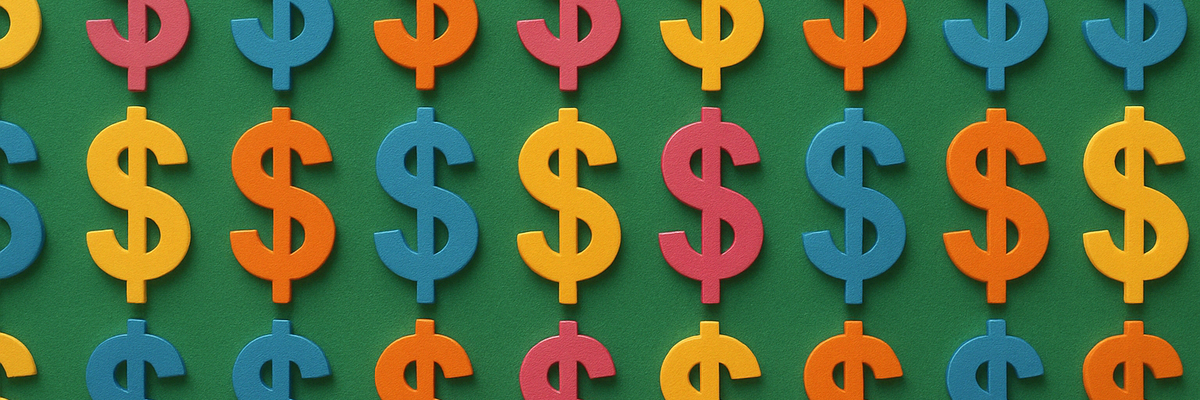The 3 Biggest Mistakes You Can Make When Investing in CD in May 2025

KEY POINTS
- Don't open a CD just because rates are expected to drop soon.
- Settling for a subpar APY could cost you hundreds or thousands of dollars.
- Make a plan for your CDs' maturity dates so you have full control over what happens to your deposit and your earnings.
Certificates of deposit (CDs) are a surefire way to earn a solid return with no risk -- if you follow a few basic rules.
Otherwise, you could cost yourself a lot of money. Here are three big CD investing mistakes you don't want to make right now.
1. Rushing to open CDs because rates might drop
CD rates are still near 15-year highs, but it seems likely that they'll drop soon. The Federal Reserve expects to lower the federal funds rate twice in the second half of 2025. President Donald Trump is pressuring the Fed to lower rates even sooner.
If the federal funds rate is cut, most CD rates will drop soon after. That means today's high rates may not last much longer.
But that alone is not a good reason to invest in CDs.
CDs are best for money that you want to keep safe and not touch for three months to five years. That means they're not the best place for:
- Money that you may need soon, like your emergency savings. This is better off in a high-yield savings account, where it'll earn a high APY, and you can withdraw money whenever you want.
- Money that you're investing for big long-term goals, like retirement. If you can leave your money untouched for more than five years, then you're probably better off investing in higher-growth assets like stock market index funds.
If you're still building your emergency fund, then start with a high-yield savings account. The Barclays Tiered Savings account pays a 3.85% APY -- more than many CDs -- and has no minimum deposit requirement. Click here to open a Barclays Tiered Savings account today.
2. Not shopping around for the best rates
Right now, you can find CDs paying about 4.50% -- but there are others that pay 2.00% or less.
Here's how big of a difference that would make in your earnings, assuming you invested $10,000 in a six-month CD:
- 4.50% APY: $223
- 2.00% APY: $100
And the more you deposit, the more a low APY will cost you. When it comes to CD investing, nothing is more important than getting the highest possible APY. So be sure to compare the best CD rates for whatever term you'd like.
3. Not making a plan for your maturity date
When a CD matures, you have a certain amount of time (usually 10 days) to decide what to do with your money.
If you do nothing, then your bank may roll the funds over into a new CD. The new CD will have the same term, but it might have a different interest rate.
Set a reminder for your CD's maturity date, so when the time comes, you can make a smart choice. For example:
- If you want to stay invested in CDs, then shop around for the best rates again. You may stick with your current bank, or you may want to move your funds elsewhere.
- If you don't want to reinvest in CDs, then transfer your money to a high-yield savings account before your bank automatically renews your CD.
The worst-case scenario is that your money gets locked into a CD with a lower rate, and you don't even realize it for months. So keep tabs on your CDs and make a plan for where your money will go once they mature.
Our Research Expert




